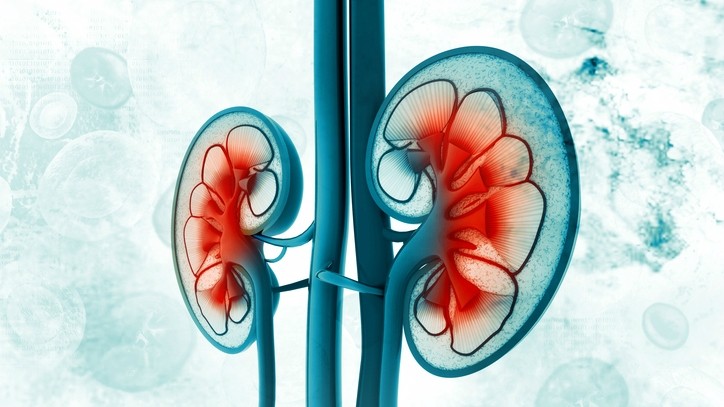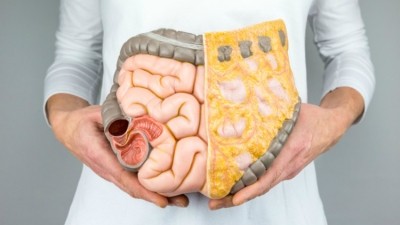Synbiotics a potential treatment against chronic kidney disease: Japan rat study

According to recent studies, prebiotics and / or probiotic treatments can ameliorate kidney function in both humans and animals via their improvement of the gut environment.
Dysbiosis (disturbance of normal gut microbiota) has been linked to chronic kidney disease, as patients are exposed to uremic toxins and malnutrition, and the gut microbiota is related to the metabolism of uremic toxins.
At the same time, dietary fibre has been said to delay the progression of chronic kidney disease, attenuate inflammation and oxidative stress, and alter the gut micobiome.
Prebiotics increase the number of specific bacteria and change the microbiota's composition to benefit the host's health, while probiotics improve intestinal microbial balance and can change the composition of colonic microbiota. This has led to synbiotics' recent reputation as a potential treatment for chronic kidney disease.
The kidney and the gut
However, interactions between kidney disease and the gut microbiota have yet to be determined. As such, researchers at Wakayama Medical University, Nara Medical University, and Morinaga Milk's Next Generation Science Institute conducted a study to investigate if synbiotics could modulate the gut microbiota and ameliorate kidney function in rats with chronic kidney disease.
They randomly divided 30 rats into four groups: one consisted pf nephrectomy rats fed prebiotics (glutamine, dietary fibre and oligosaccharides) and Bifidobacterium longum strain — i.e., the GFOB diet — another had nephrectomy rats fed a control diet, another was sham-operated and fed the GFOB diet, and the last was sham-operated and fed a control diet.
The rats' blood, faeces and kidney samples were collected for analysis, and the researchers observed that serum creatinine, blood urea nitrogen, and serum indoxyl sulfate in the nephrectomy GFOB group were markedly lower than in the nephrectomy control group; the latter was significantly correlated with serum creatinine.
In addition, inorganic phosphorus and intact parathyroid hormone in the former group was considerably reduced, while proportions of Bifidobacterium and Ruminococcus were significantly increased, compared to the latter group.
Body weight in the sham-operated groups was also higher than in the nephrectomy groups.
The researchers noted that because they had used a rat model instead of a human model, the results could not be generalised to humans. Furthermore, they did not evaluate colon samples, so they could not discuss epithelial barrier impairment in uremia.
They concluded: "Improving the gut environment using synbiotics ameliorated kidney function and might be a pharmacological treatment for chronic kidney disease-related mineral and bone disorder without any serious adverse events."
Source: American Journal of Nephrology
https://doi.org/10.1159/000488947
"Dietary Changes Involving Bifidobacterium longum and Other Nutrients Delays Chronic Kidney Disease Progression"
Authors: Yuko Iwashita, et al



















